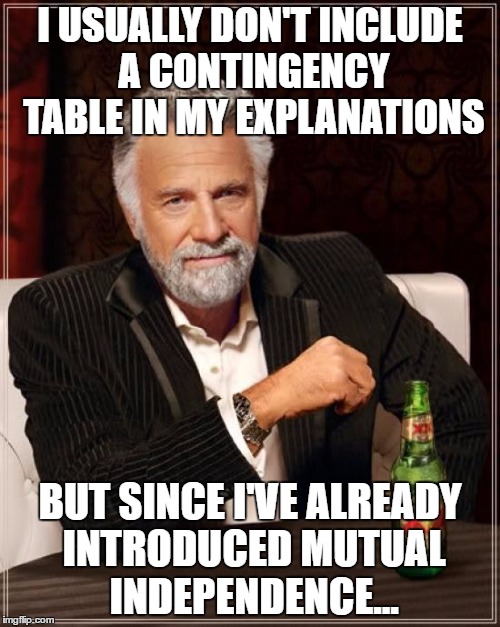Authenticity and Cultural Responsiveness
I’ve had a deep appreciation for New Zealand and it’s culture. Maybe because I came from another one. New Zealand is unique and part of the identity of New Zealand is Maori; the language and the people. To say otherwise would be false. Not only are we global citizens, we are also New Zealand citizens. It is important to not just acknowledge the history of New Zealand by also be responsive to it.
This topic challenges me. I’m a senior mathematics teacher. Mathematics at this stage seems fairly acultural, but the environment may have implicit and explicit cultural factors.
Yawn. Maths
Here's a quick lesson for you: Mutual Independence is when the probability of both events occurring is equivalent to finding one event occurring to that one group.
Here's a quick lesson for you: Mutual Independence is when the probability of both events occurring is equivalent to finding one event occurring to that one group.
P(Fail AND Maori) = P(Fail)P(Maori)
This equation should indicate that the chance of Maori failing should be the same as any other group failing. This is not so, there is educational disparity and this requires correction (Savage, 2011). This is where responsiveness to any culture or group needs to happen. Bishop (2012) calls to demolish these barriers, in order to empower and create agency for Maori learners.
THIS MIGHT NOT BE POPULAR
I would measure my cultural responsiveness with this framework.

CULTURAL Culturally Excludes Does Not Culturally Exclude
RESPONSIVENESS Others Others
Provides Cultural
Environment to Thrive A B
Does Not Provide Cultural C D
Environment to Thrive
RESPONSIVENESS Others Others
Provides Cultural
Environment to Thrive A B
Does Not Provide Cultural C D
Environment to Thrive
Cultural responsiveness seems pretty tricky and because of it’s complexity I err on the side of risk-averse actions - I don’t want to culturally exclude others. I think having too much a focus on one group without being responsive to other groups is irresponsible so I’m on a journey I can hopefully state is between state D and B - I want to be in a position to utilise experience and culture to enhance my classroom setting (Gay, 2002).
I don’t want this third scenario to be in my classroom.
TOURISM AND TEACHING
Saying that, I’m truly interested in the Maori culture, and continually developing my Reo and understanding of Tikanga Maori. With any culture, having a positive teacher relationship is essential (Te Ako). Knowing things about the students and actually being interested is a positive step (Savage, 2011). Ultimately our role has to be transformative and more than just paying lip-service. It’s a tough ask, you, as a human have to be culturally responsive, not just you as a teacher. Students know if you put on fake charm - if you say “Haere mai”, “Ka kite” but you don’t say this out of the classroom it's obvious. So what’s the logical step?
I have been involved with people groups other than my own. On overseas holidays, I’ve tried not just sight-seeing but getting to know and be part of a group. It is a transforming experience. I haven’t seen Africa from my western world armchair, I have lived with the people, communicated, ate with them, played with them.
Are we tourist teachers? Witnessing from afar or do we get involved? Eating, playing, making mistakes?
REFERENCE LIST
Bishop, R., Berryman, M., Cavanagh, T. & Teddy, L. (2009).Te Kotahitanga: Addressing educational disparities facing Māori students in New Zealand. Teaching and Teacher Education, 25(5),734–742.Gay,G. (2002). Preparing for culturally responsive teaching. Journal of Teacher Education, 53(2),106-116.
Savage, C., Hindle, R., Meyer, L. H., Hynds, A., Penetito, W., & Sleeter, C. E. (2011). Culturally responsive pedagogies in the classroom: Indigenous student experiences across the curriculum. Asia-Pacific Journal of Teacher Education, 39(3), 183-198.
It would interesting to compare your view of Africa having lived with the people, to that of someone as a tourist. The differences might be enlightening to how we can perceive cultures when we are outside looking in.
ReplyDelete